‘War for Talent’ Drives CRE Activity in Dallas-Fort Worth
DFW’s business-friendly environment, quality of life and well-educated labor pool help attract companies to the region, which has an unemployment rate running below the national average.
By Gail Kalinoski
JLL Managing Director Steve Thelen says there is a “war for talent across the U.S. with location, amenities and accessibility being key to retaining top talent for companies.” He notes that war for talent is particularly strong in Dallas-Fort Worth, where a business-friendly environment has helped make DFW the fastest-growing economy among major U.S. metros.
“North Texas has long been fortunate to be home to some of the nation’s deepest and well-educated labor pools thanks to our strong and diverse economy—and exceptional cost of living and quality of life,” Thelen told Commercial Property Executive. “This has played a major role in attracting major corporate relocations and allowed organic growth for already established companies. Their real estate decisions hinge heavily on where they can access the best talent to fit their needs¸ and in response, their decisions are driving activity in all real estate classes across the metroplex—and everyone wants to be where the action is.”
Such concerns are echoed in a new JLL report, Where Are All the Workers?, which states a long-term labor shortage across the U.S. has reached a new high and is impacting the national commercial real estate market by lowering rents and increasing vacancy across property types. As of January, there were 6.3 million jobs in the U.S. that were unfilled, a 16 percent increase over 2017.
Corporate relocations
Last month, Samsung Electronics America Inc. became the latest corporation to announce a move to the DFW region. The company signed a 216,000-square-foot lease at Building 4 in Legacy Central, a 1 million-square-foot technology-oriented office and mixed-use campus in Plano, Texas. Samsung plans to move about 1,300 employees from its Richardson, Texas, headquarters next February to the Plano campus. In July, Toyota Motor North American Inc. opened its new North American headquarters in Plano and began moving about 4,000 employees into the $1 billion, 100-acre corporate campus. The auto giant unveiled plans to build the state-of-the-art office complex at Legacy West business park in April 2014.
Corporate relocations like Samsung and Toyota have added annual job gains of 96,000 for Dallas-Fort Worth. Thelen said that annual increase of 2.7 percent makes DFW the fastest-growing of the larger regional economies that JLL tracks. Yardi Matrix Multifamily Report Spring 2018 stated the metro’s rapid addition of high-paying jobs is boosting housing demand, which creates more service positions. In 2017, 25,500 positions in the professional and business services were added to the region. Leisure and hospitality added 19,500 and education and health services contributed 12,400 new positions, according to Yardi Matrix.
“Still, even with all this exponential growth and development we’re experiencing, we maintain a sub-4 percent unemployment rate, 3.7 percent for March—a number below the national average—and keeping the job market extremely tight,” Thelen stated.
A February JLL research report examining unemployment levels in Dallas-Fort Worth stated when unemployment drops below 5 percent, the area is considered at full employment. While that’s good news, it could also raise concerns from employers who want to move to the area or expand.
“This lack of readily available workers is why our clients have been asking about labor here in DFW more often in the last year—and are exploring office space and location alternatives to be able to attract and retain talent,” the February report noted.
Image courtesy of JLL

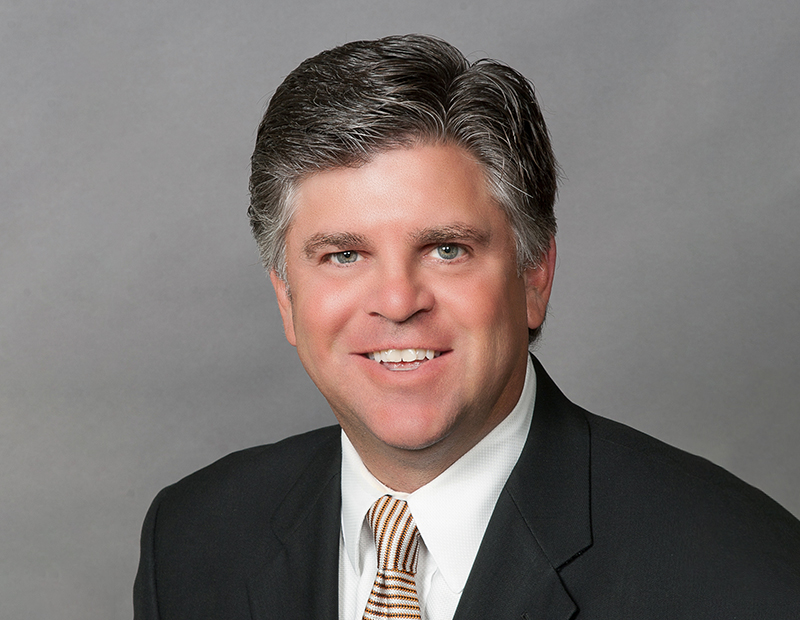
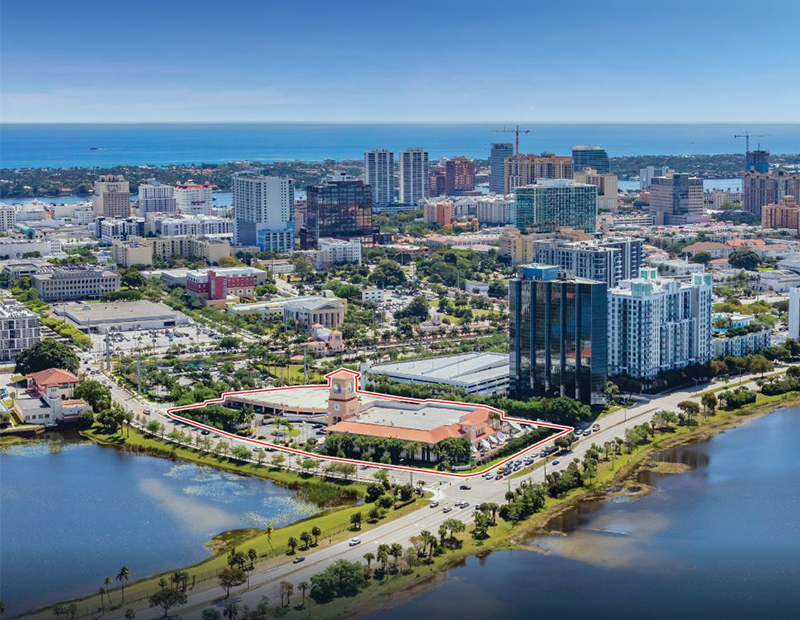
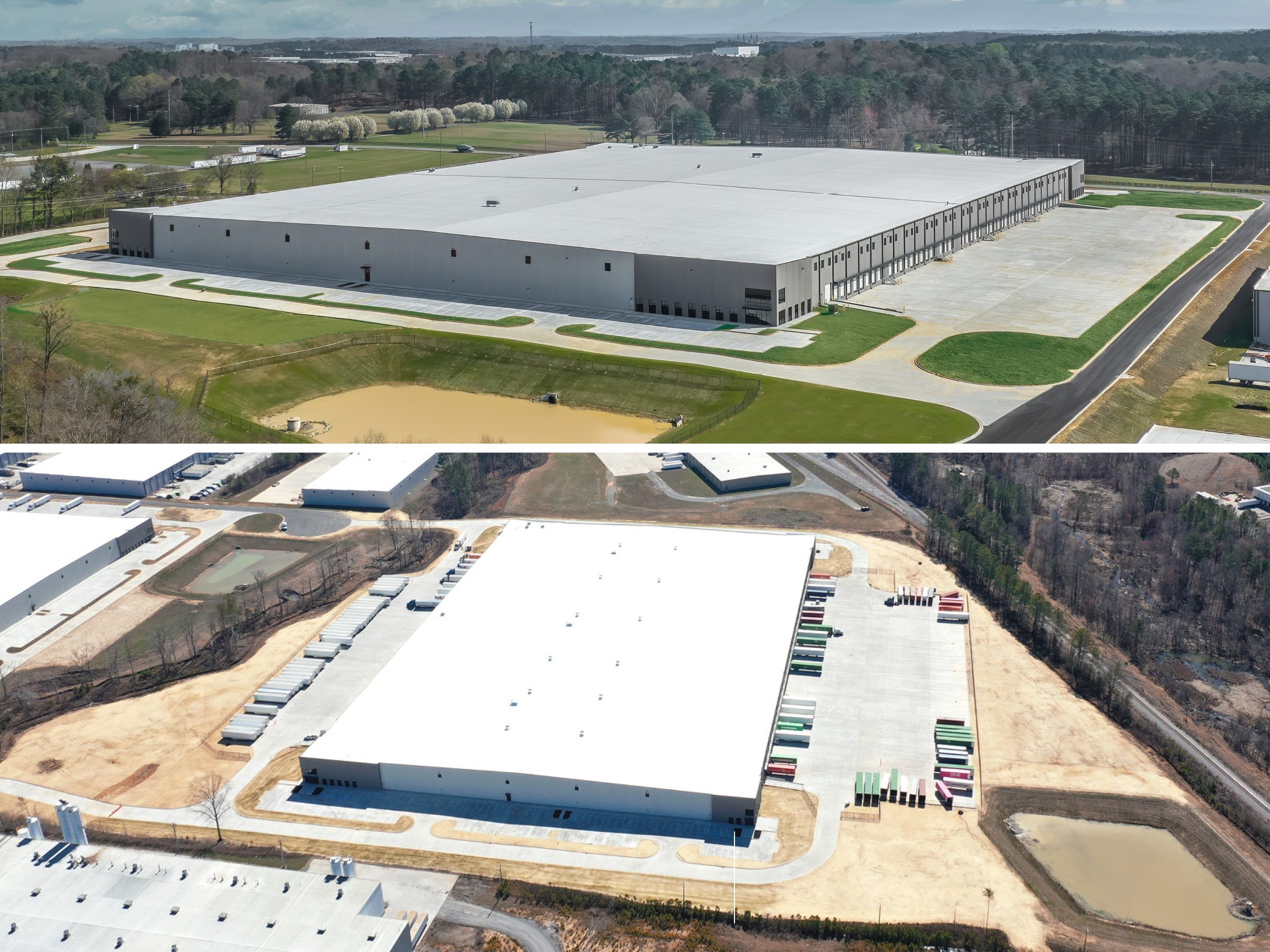
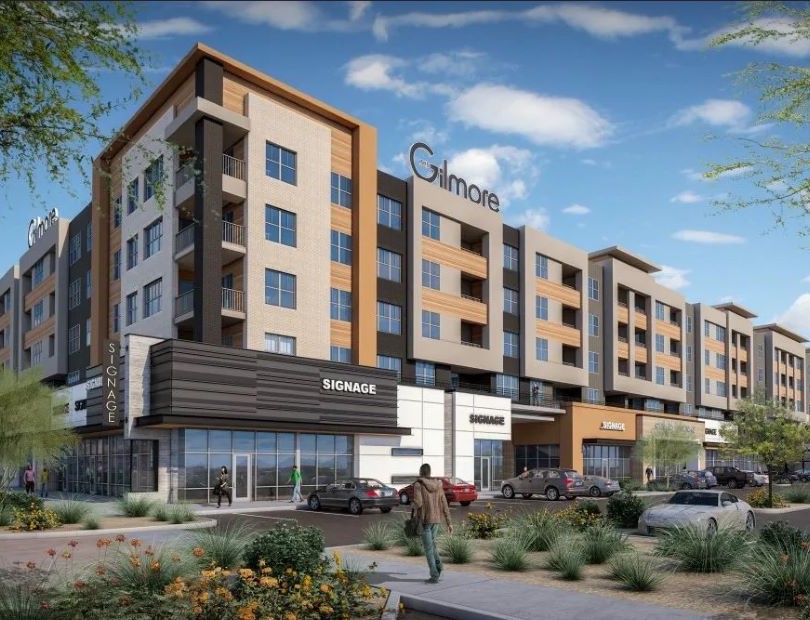
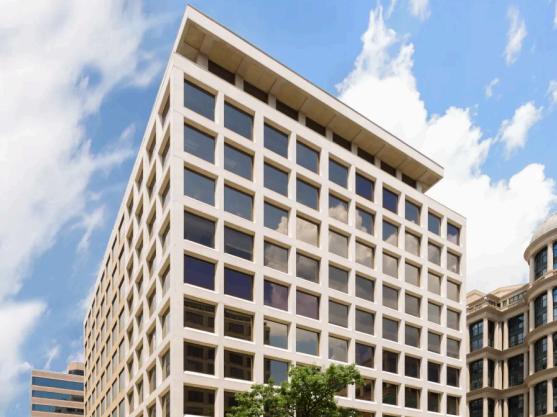

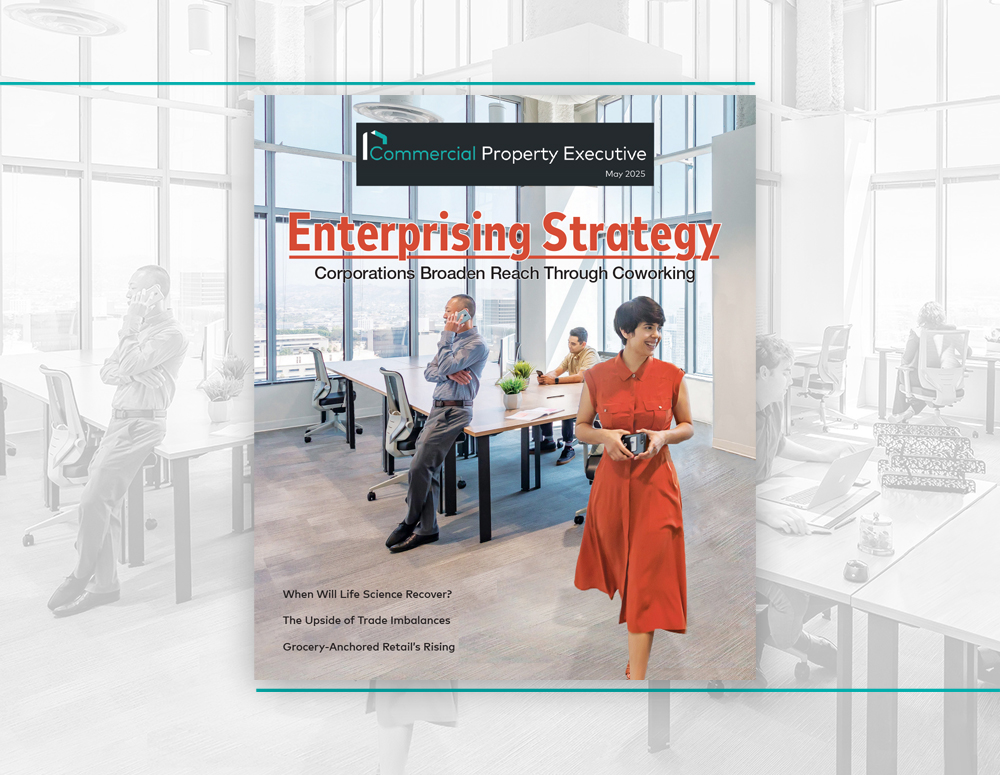
You must be logged in to post a comment.